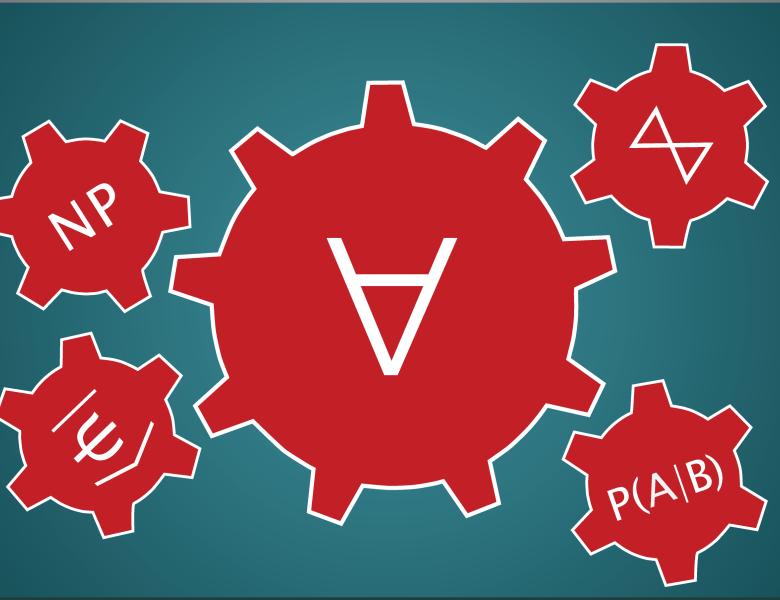
Abstract
In 2005, Henry Cohn and Chris Umans proposed a framework for developing matrix multiplication algorithms that could surpass the O(n^{2.375}) run time of Coppersmith and Winograd's algorithm. They showed that the existence of certain algebraic structures, called strong uniquely-solvable puzzles, that are sufficiently large imply faster algorithms for matrix multiplication. In my talk I will begin by describing the Cohn-Umans framework and then discuss our work developing, implementing, and evaluating algorithms to generate large strong uniquely-solvable puzzles. I will discuss the litany of greedy, dynamic programming, satisfiability, mixed-integer programming, 3D matching, search, and parallel approaches that we used to generate large uniquely-solvable puzzles. I will then conclude by reflecting on some of the lessons I have learned as a theorist trying to use computers to aid in solving this computational complexity problem.
This is ongoing work with Zongliang Ji and Anthony Yang Xu, two undergraduate students at Union College.


